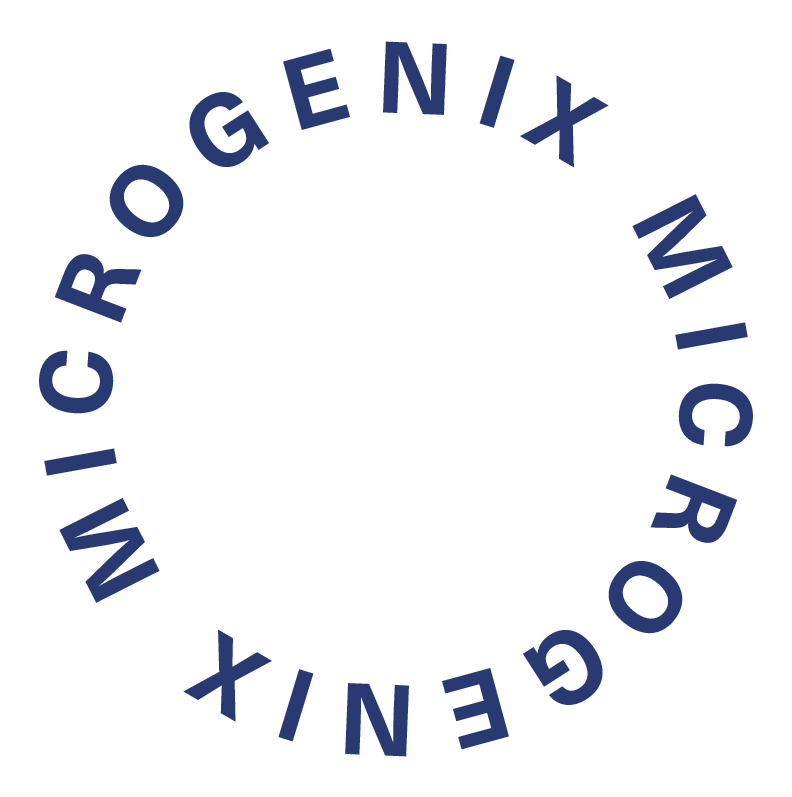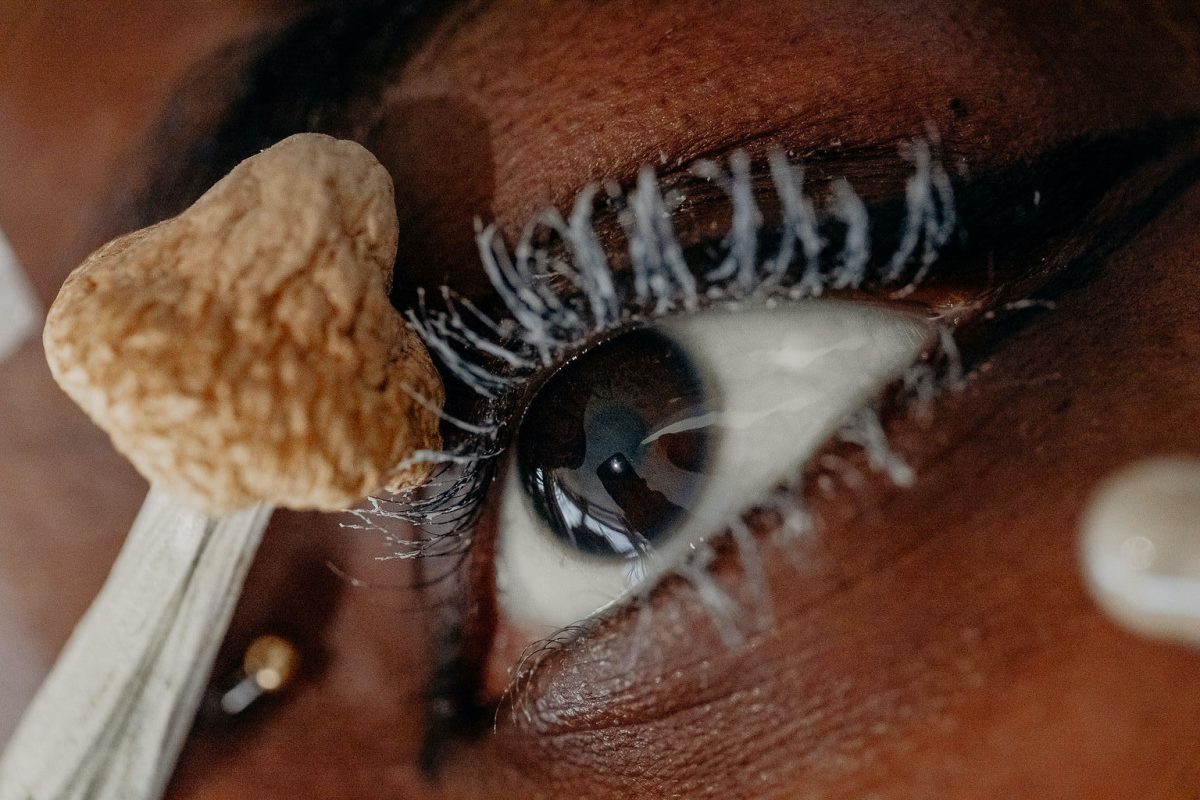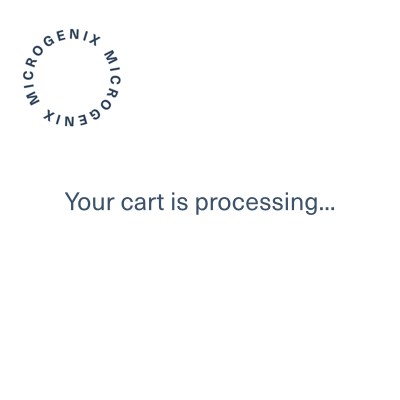Blog
Cali Sober: Why Health Conscious People are Turning to Psychedelics
Have you ever wondered what kind of substance user you truly are when you’re in control, free from addiction, and have replaced potentially harmful substances with safer alternatives? In the state of California, individuals have embraced a lifestyle that answers this question, one they’ve aptly coined as ‘Cali sober.’ The term signifies a balanced yet not entirely sober way of life, and it’s gaining popularity among those seeking a more mindful approach to modern substance use.
Unlike abstinence-focused sobriety, Cali sober permits the use of substances such as cannabis and psychedelics under the notion that the cali sober lifestyle is more about foraging a new mindset, opposed to obtaining a squeaky clean substance record.
For some, Cali sober might appear counterintuitive, but it doesn’t negate the fact that for many, it serves as a practical and effective harm-reduction method. It allows individuals to enjoy the thrill of experiences offered by mind-altering substances, in a more intentional, less dependent nature.
The Cali sober lifestyle actively discourages the consumption of opioids and alcohol, instead emphasizing alternatives such as psychedelics as a means to inject more freedom and personal choice into one’s path toward recovery. Beyond its relevance in recovery circles, Cali sober has also become a prevalent lifestyle choice in the modern world of wellness. It appeals not only to individuals addressing deep-seated addiction issues, but also to those who simply seek a more holistic approach to substance use.
When used in moderation, psychedelics carry far fewer health risks than alcohol and are not typically associated with physical addiction. In an era where the traditional darlings of substance use included alcohol, tobacco, and opioids, today’s generation is engrossed by the resurgence of magic mushrooms and marijuana. This shift may be attributed, in part, to the heightened interest in mental health and wellness among recent generations. Notably, psilocybin has displayed promising potential in treating mental health disorders like anxiety and depression, while the excessive consumption of alcohol is widely acknowledged as a common contributor to exacerbated mental health symptoms.
In a nutshell, ‘Cali sober’ brings a fresh spin on sobriety for those not keen on giving up all substances. As someone who’s seen more and more comrades trade weekend drinking in favor of psychedelic exploration, I’m all in on the idea that a harm-reduction approach can be a positive addition for party enthusiasts and those who are substance-curious. Just imagine if we saw substances as potential life-enhancers rather than buzzkills in our lives; it could very well reshape the future of party culture and mental well-being. That’s why a lot of us are cheering on the ‘Cali sober’ lifestyle with much optimism.
For those immersed in the fitness and active lifestyle, Cali sober offers an exciting advantage. Instead of waking up with a hangover and regret that may impede a hard-earned wellness journey, fitness-moguls can hit the gym or the trails the morning after a recreational cannabis or psychedelic experience presumably without interruption. It’s a way to enjoy the buzz without sacrificing physical well-being, promoting a healthy, active, and fulfilling life. This may contribute to why the lifestyle is so widespread in the state of California, otherwise known as the “Golden State”, who takes great pride in maintaining its reputation of being health-forward, and interestingly, one of the healthiest states in the country.
Fitness aside, the Cali sober life can also benefit those who seek focus and motivation in life opposed to the dreadful aftermath of excessive drinking. The clarity and introspection offered by substances like psychedelics can serve as a powerful tool to set and pursue meaningful goals, maintain focus, and harness personal growth. It’s a lifestyle that encourages intentional living, which funny enough, is why many believe you can actually drink alcohol and still be Cali sober. But how?
Cali sober casts a focus on cutting unhealthy relationships with substances while nurturing healthier ones. It’s a lifestyle that prompts some individuals to take pride in their ability to incorporate moderate drinking into their sober routines—a seemingly paradoxical approach that highlights the user’s ability to maintain control and willpower. For them, enjoying a glass of wine with dinner doesn’t set off a cascade of excessive alcohol consumption; instead, it’s a deliberate and mindful choice that causes no harm to an overall balanced lifestyle.
But Cali sober isn’t just for people who require fitness and focus; it also offers solace to those who find it challenging to party intentionally or within reasonable limits. By discouraging the use of opioids and alcohol and instead embracing natural alternatives like psychedelics, this lifestyle promotes a more thoughtful, mindful approach to socializing and celebrating. It allows individuals to revel in the transformative experiences offered by these substances without succumbing to the pitfalls of excessive alcohol consumption or addiction. So, how does one begin?
Buzzword aside, the term “Cali sober” is just another way of describing someone who is learning to be substance-conscious, which is something many of us could probably become better at. However, it’s crucial to remember that if you or someone you know is struggling with addiction, seeking professional help is imperative. The Cali sober lifestyle may be a beneficial choice for some, but those battling addiction face higher risks of adverse reactions, such as relapse or the development of new addictions.
As our perceptions of alcohol and other harmful substances evolve rapidly, individuals are increasingly exploring alternative options with fewer side effects. Cali sober is not just a lifestyle trend; it’s a testament to the ever changing landscape of substance use, where people are redefining their relationship with mind altering substances, forging healthier connections, and striving for a more balanced and fulfilling life.
So how does Cali sober living and microdosing correlate? Prior to recent years, Cali sober life revolved heavily, if not solely around the daily use of cannabis, but is now introducing the act of doing mushrooms as a starring role in the mindful way of life. Let’s take a look at the benefits.
- Mushrooms are a Low-Dependency Substance with Afterglow Effects
Unlike alcohol, mushrooms are non-addictive, making it far less likely to trap you in a substance dependency cycle. When you experiment with mushrooms, your body develops a tolerance rather quickly, which is why many committed microdosers actually choose to take long-winded breaks from the substance, in order to avoid tolerance buildup and also relish in the special “afterglow” effects the mushrooms have to offer.
These breaks grant individuals the opportunity to let the lasting effects of mushrooms subtly enhance their daily lives, all while keeping the risk of dependence to a minimum. These enduring effects often manifest as a soothing sense of calm, euphoria, and heightened focus, which can extend for days following use.
Additionally, a Yale Study actually looked into this supposed afterglow effect a bit deeper in a study published in 2020, finding that individuals who used mushrooms reported sustained improvements in mood and connectedness even once the mushrooms had worn off.
- Mushrooms Have Mental Health Benefits
While other substances are common culprits in the downfall of achieving mental stability, mushrooms may have the opposite effect.
Mushrooms, specifically those containing psilocybin, have shown promise for mental health because they can promote positive shifts in mood, reduce symptoms of anxiety and depression, increase emotional well-being, and foster introspection and personal growth, offering a potential avenue for addressing mental health challenges and improving overall psychological well-being.
Research has suggested that psilocybin may enhance neuroplasticity by increasing the growth of new neurons in the brain and promoting new neural pathways, which are crucial for brain development. Experts believe that impaired neuroplasticity is linked to symptoms of anxiety and depression, while increased neuroplasticity can enhance well-being and even reshape negative thought patterns.
- Mushrooms can be Fun in Party Settings too
For some, the use of psilocybin may be less about achieving overall wellness or mental health stability, and more about enjoying a night out without the need for alcohol or other social lubricants.
As mushrooms become more socially acceptable in public settings, more people are testing out different doses, reshaping what we’ve thought mushrooms to be all along. What gives magic mushrooms such an edge in modern times is the understanding that no full-blown hallucinogenic experience really needs to occur for someone to feel the awesome effects of mushrooms. In fact, lifting the mood and amplifying energy levels can be done through a relatively low amount of mushrooms, giving people a new and sustainable way to party their way through the weekends with fewer hangovers and plenty more giggle fits.
Let’s consider a scenario where you’re someone who enjoys partying throughout the year, quite frequently. From a mental perspective, mushrooms are likely to be a more sustainable choice in terms of maintaining both mental health and productivity levels. However, it’s important to remember that switching from alcohol to mushrooms still requires caution, despite the numerous benefits they may provide.
Whether it’s for mental health, social enjoyment, or personal growth, mushrooms have become a key player in this evolving landscape of substance use, redefining the way individuals connect with mind-altering substances and strive for a more fulfilling life.




